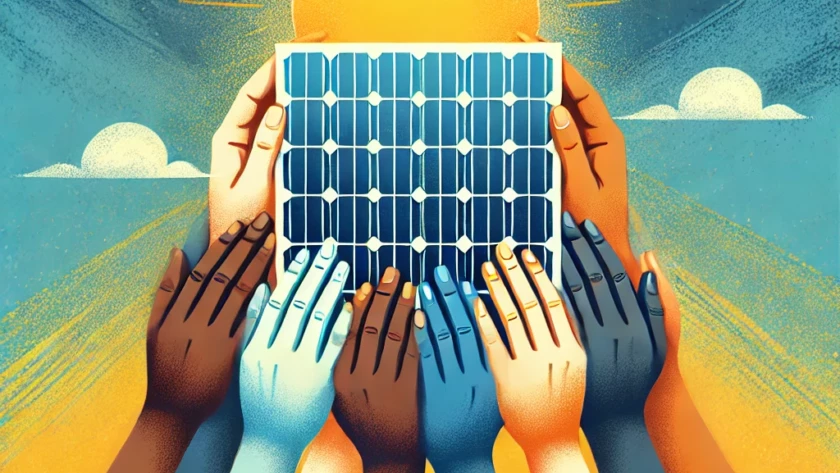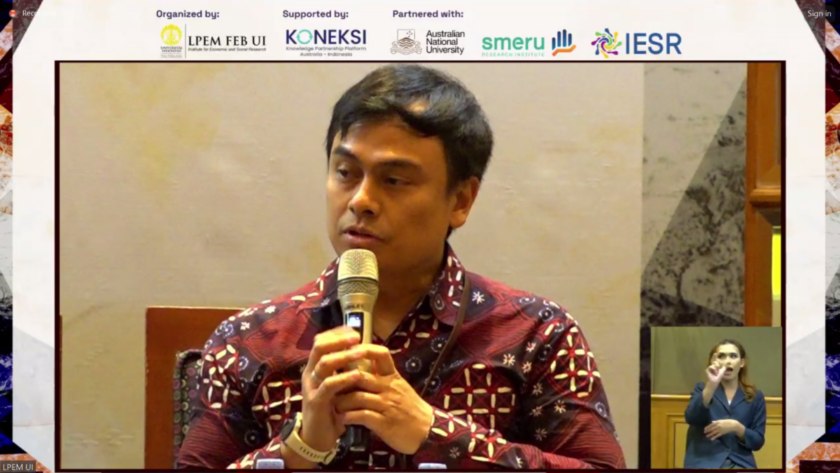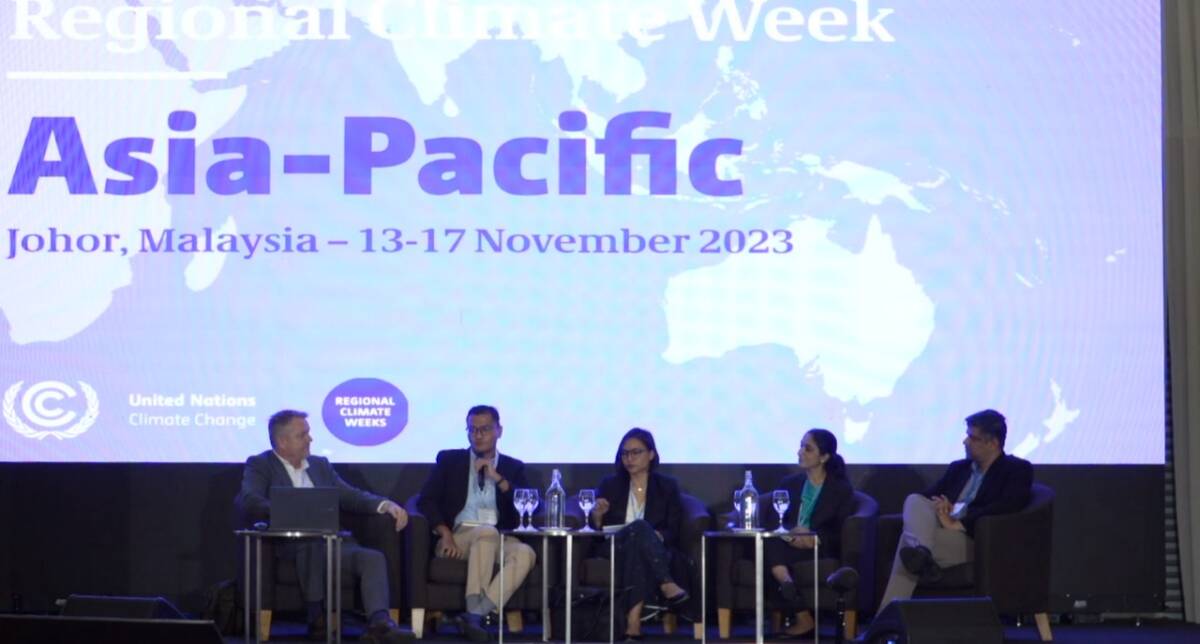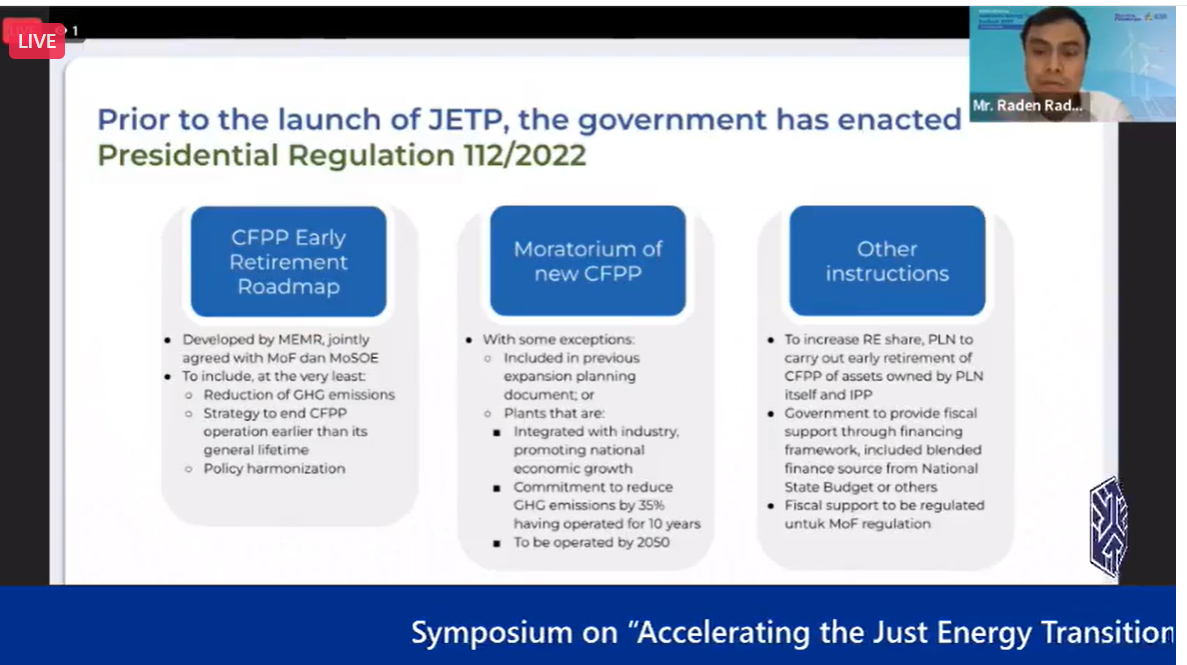The term "just energy transition" gained significant attention in Indonesia in 2022, during the country's presidency of the G20. However, as of now, Indonesia lacks a clear definition of what a just transition means in the specific context of the country.
Origins of the Just Transition
The concept of "just transition" first emerged in the 1970s,…






